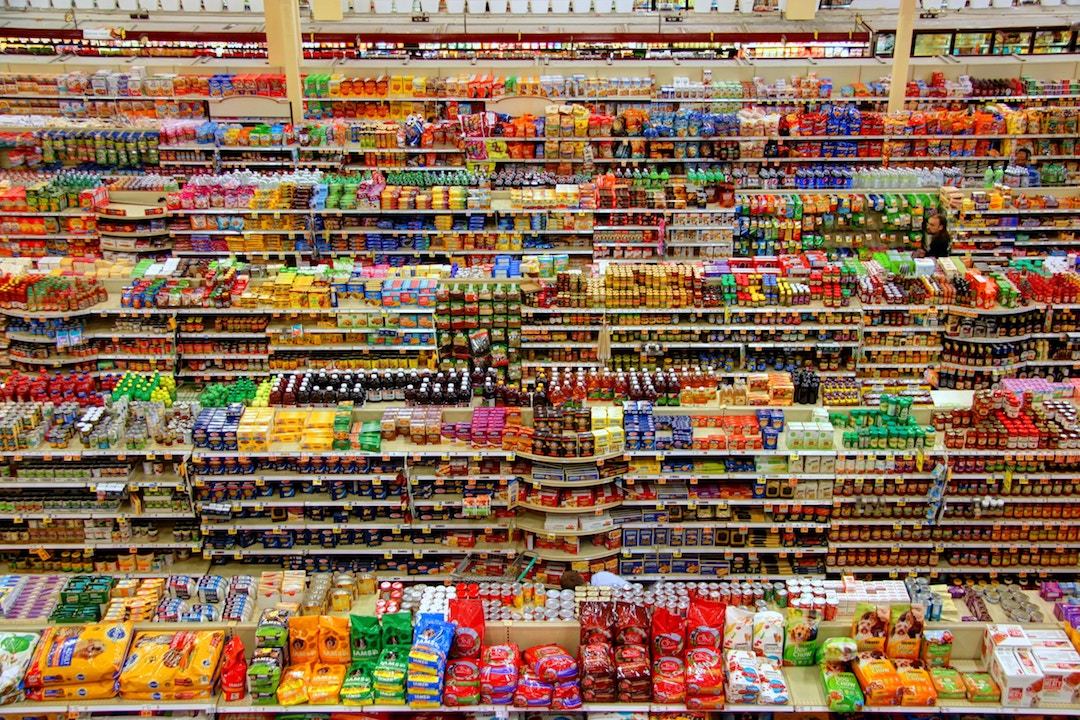Ah, the Tetra Pak. It’s technically a brand of food packaging, but it has been so ingrained into our lives that the brand has become the very thing it produces (joining the likes of Colgate and Xerox, in the Filipino shopper’s psyche).
Since the ’50s, Tetra Pak-packaged food and drinks have become baon staples, owing to the convenience it offers. It keeps the product safe from contaminants, while still remaining strong enough to withstand all the pressure and tumbling a kid’s lunch box goes through. Plus, it’s lightweight (versus cans or the more sustainable glass containers).
But perhaps it’s only recently that these convenient packs are deemed a little inconvenient and unsustainable, because they’re basically single-use.
With the growing interest in sustainability, people are becoming more wary and more discerning with the products they use. Not only is it a matter of how products are made and where they’re from, but also how they’re packaged and sold.
This poses a dilemma, especially for families that want to shift to a more sustainable lifestyle: “My child likes this product, but it’s only sold in single-use packaging. My child wouldn’t drink anything else if it’s not this brand.”

But apparently it should no longer be a problem, as Tetra Paks are supposedly recyclable. These “cartons” are made primarily of paper, Tetra Pak states, with 75 percent of it made out of paperboard (which comes from trees). It also has polyethylene (20 percent) and aluminum (five percent). Recently, Nestlé, which uses Tetra Pak packaging for a majority of their food products, launched “Project GivePack”, a campaign to promote recycling of their carton-packed products.
The project aims to change the mindset that used drink cartons are waste, rather, they should be considered as new material to make new products such as roof tiles and even new paper, notebooks, and the likes.
But before the cartons can be used, they need to be properly prepared. Consumers can help with this by making sure that their used cartons are clean. Tetra Pak and Nestle share four steps:
- Snip the pack open
- Rinse and dry the pack together with the straw or cap (these are also recyclable)
- Pop the straw back in the pack or re-attach the cap
- Drop off the packs for recycling
According to Nestlé, they will gradually roll out drop boxes, especially in schools, where families and even children, can drop off their used cartons.
They’ve also partnered with Goodfood.ph for a subscription service for their ready-to-drink (RTD) products. Basically, those subscribed to have RTD products delivered can also have their used and cleaned cartons picked up—a double convenience as you can get your stock of new products and help in recycling, at the same time.

There is an argument though that this isn’t a totally sustainable move. First is the meaning of recycling, which means that the material taken from the used cartons don’t actually go back into becoming drink cartons (they get turned into building materials and stationery). The second is how these cartons get broken down into their components for “recycling”—there’s a lot of energy and water spent to process these used cartons, which puts into question how environmentally sound the whole thing really is.
Ultimately, it’s still better to go with what’s truly recyclable, reusable, and local if you want to be seriously sustainable. But if you can’t give up your cartoned drinks just yet, this is a little, tiny consolation, I guess.
Header image courtesy of Nestle’s Project GivePack
Get more stories like this by subscribing to our weekly newsletter here.
Read more:
The life cycle of plastic: where your plastic sachet discards really go
Confirmed: Our plastic trash has already reached the deepest part of the sea
5 everyday trash items that’ll take lifetimes to decompose











































